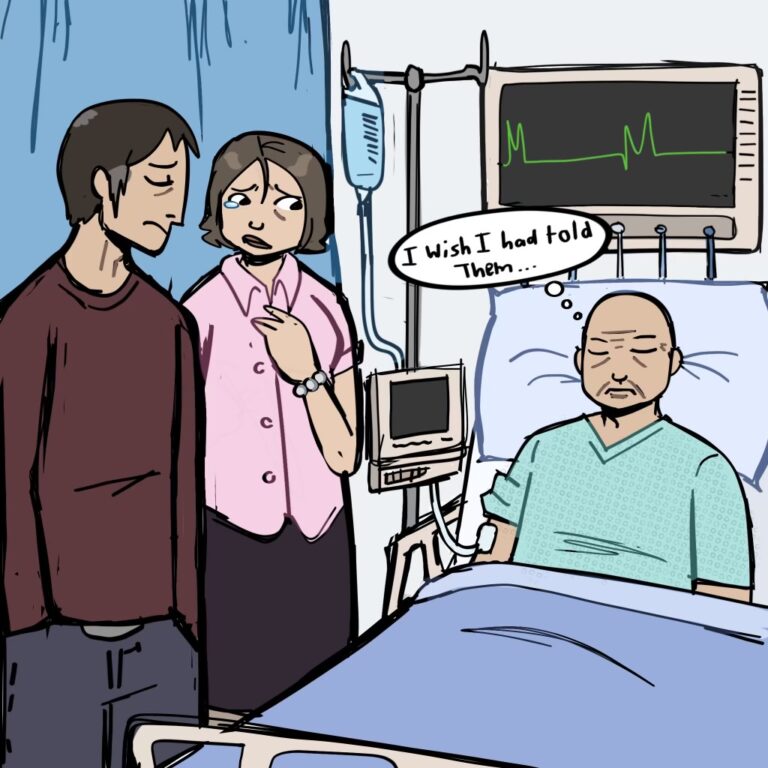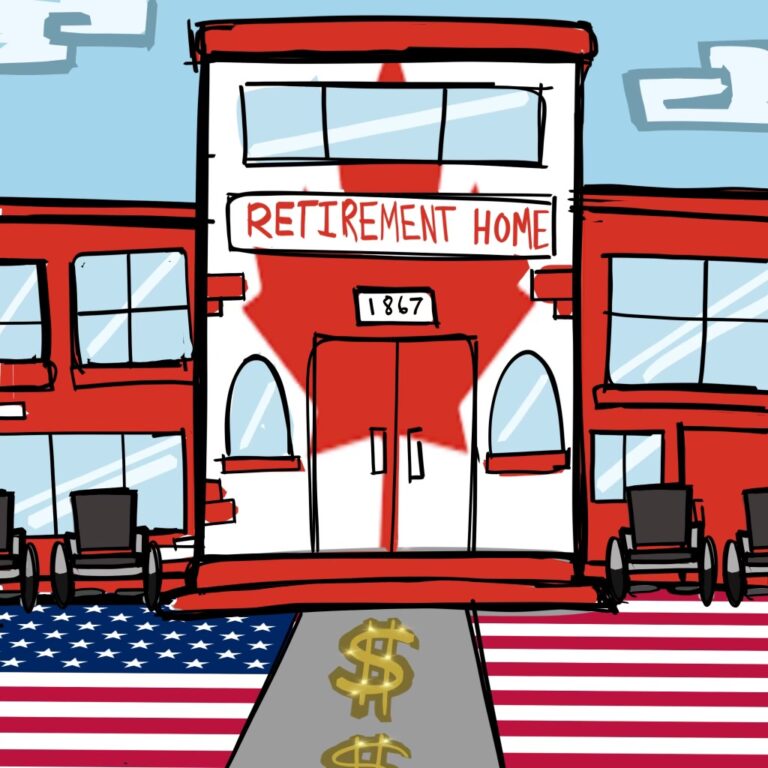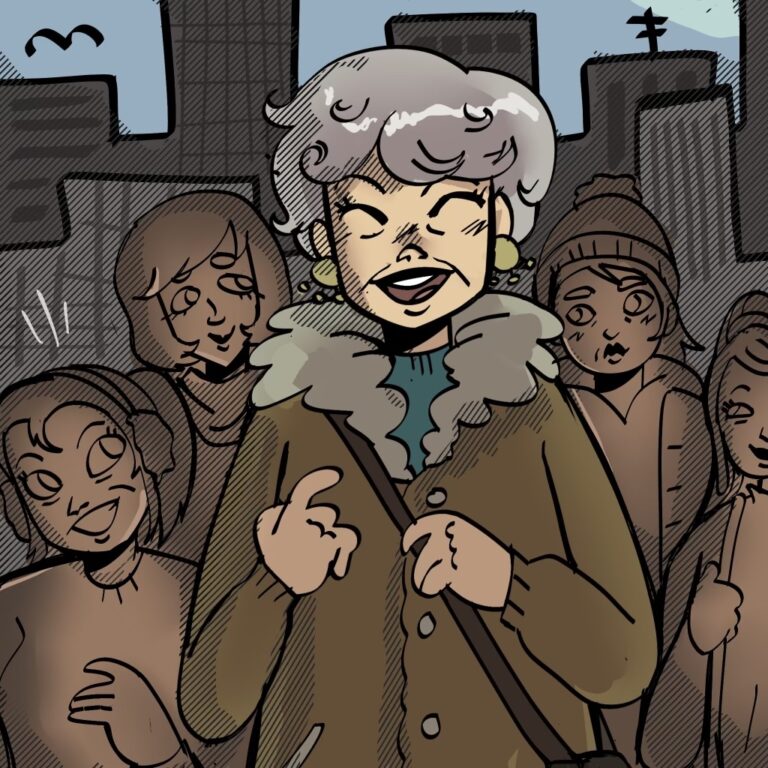There are so many ways to consider this notion within the context of our work at Discerning Seniors. Over the next few months we will endeavour to tackle various aspects of what this saying could mean from Canada’s public health care system perspective to MAID (medical assistance in dying) to the daily struggles that exist within families who want to balance a senior’s right to agency in their daily living situation versus their family’s peace of mind.
None of this is easy – and there is no “right” answer. Over the years, we have had the privilege of assisting people as they navigate these challenging life stages. We have developed a good understanding of what is important to aging individuals. We also understand the adult children’s position, as they generally reflect our own life experience. So before tackling the “longest life isn’t necessarily the best one” from a context perspective, we thought we should identify the players.
Many of our elderly clients belong to the “Silent” or “Traditional” generation, born between 1925-1945 – during the depression or World War II. They are generally bootstrappers and conservative in their values. They are used to doing it their way and on their own. They do not like to ask for or receive help and they believe that as the beginning of their lives was anchored in sacrifice and difficulty, so should the end of their lives.
Some of our clients are from the Baby Boomer Generation (1945-1965). These folks are different. The folks we have helped from this generation are early boomers with progressive or debilitating illness. Their attitude was very different. As had been the case for most of their lives (personal tragedies aside) the world has been pretty good to them. They want and accept assistance and they have very little interest in struggling or suffering. Several of them investigated their right to MAID. All of them wanted to be in a supportive, compassionate environment whether in their home or in care. These are the folks who are coming down the pike, and our system is not prepared for them.
Sadly, we are so busy with propping up the patchwork that is our healthcare system, we are not preparing for the onslaught of Elderly Boomers, and sadly, if we do not make changes, we will let them down.
Finally, we would like to introduce the adult children of our senior clients. Most of them are late, late boomers (full disclosure, that includes me…October 1964) and Generation X’ers…(1965-1980) – and while, I technically fall into the Boomer category, I identify as a Gen X for mostly economic reasons. Most of us spent our professional lives getting coffee for the Boomers who took up ALL THE ROOM. So, we became entrepreneurs and created small businesses and took forever to get promoted. We became the small invisible generation. And now that small invisible generation has become the Sandwich Generation. We are highly educated, had to work longer before we made any money, therefore had our children later, and our parents have the longest life cycle of all time. So, in addition to being invisible, we are caring for our adolescent and young adult children AS WELL AS our aging parents – and we are still working to get to the C-suite – and yes, we are mostly female, expected to continue providing free care for all.
Back to: “The longest life isn’t necessarily the best one”…over the next few months, we will look at how this idea can be understood for each of the target groups beginning with the reality of Canada’s Health Care System and whether it can survive.





